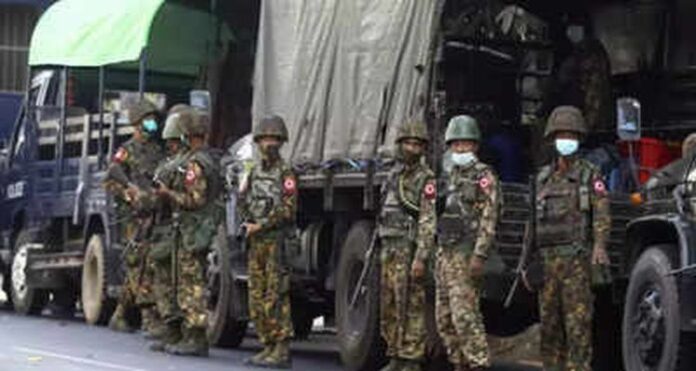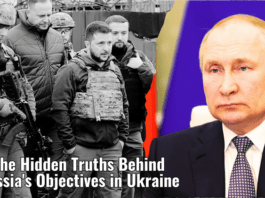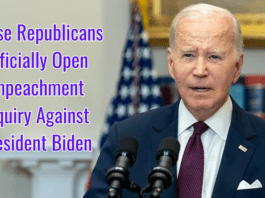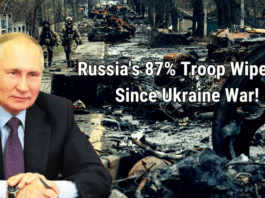Since last year’s coup, UN Security Council members China and Russia, as well as Serbia, have continued to provide Myanmar’s junta with weaponry used to assault civilians, according to a UN rights expert.
Tom Andrews, the United Nations Special Rapporteur on the situation of human rights in Myanmar, urged the Security Council to convene an emergency session “to debate and vote on a resolution to, at a minimum, prohibit those arms transfers that the Myanmar military is known to use to attack and kill Myanmar civilians.”
He presented a long-awaited report on Tuesday explaining where the junta gets its weaponry, emphasizing that two permanent members of the Security Council, who have veto power over its decisions, are still among the key suppliers.
“Despite evidence of the military junta’s atrocity crimes being committed with impunity since launching a coup last year,” Andrews said in a statement. “UN Security Council members Russia and China continue to provide the Myanmar military junta with numerous fighter jets, armored vehicles, and, in the case of Russia, the promise of additional arms.”
“During the same period, Serbia authorized the transfer of rockets and artillery to the Myanmar military,” said Andrews, an independent expert selected by the UN Human Rights Council who does not speak on its behalf.
‘Crimes against humanity,’ they say.
According to his assessment, the three nations’ arms shipments “occurred with the full knowledge that they would be used to harm people, in likely violation of international law.”
According to the UN, Myanmar has been in disarray, its economy has been paralyzed, and more than 1,500 civilians have been slain in a military crackdown since the putsch in February 2021.
Since the coup on February 1, 2021, at least 12,000 individuals have been jailed, including the de facto civilian government’s de facto leader, Aung San Suu Kyi, and over 440,000 people have been forcefully relocated.
‘Imperative’
The UN General Assembly passed a resolution in June calling on countries to stop the transfer of armaments to Myanmar, but Andrews said it had had “no obvious impact on the crisis and the junta’s capacity to wage assaults on civilians.”
He noted that, while no Security Council members voted against the resolution, the council also did not contemplate voting to make the wording binding on member states.







